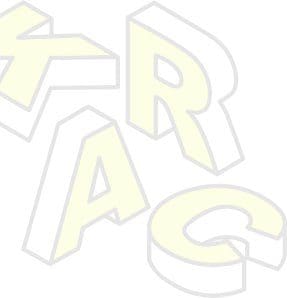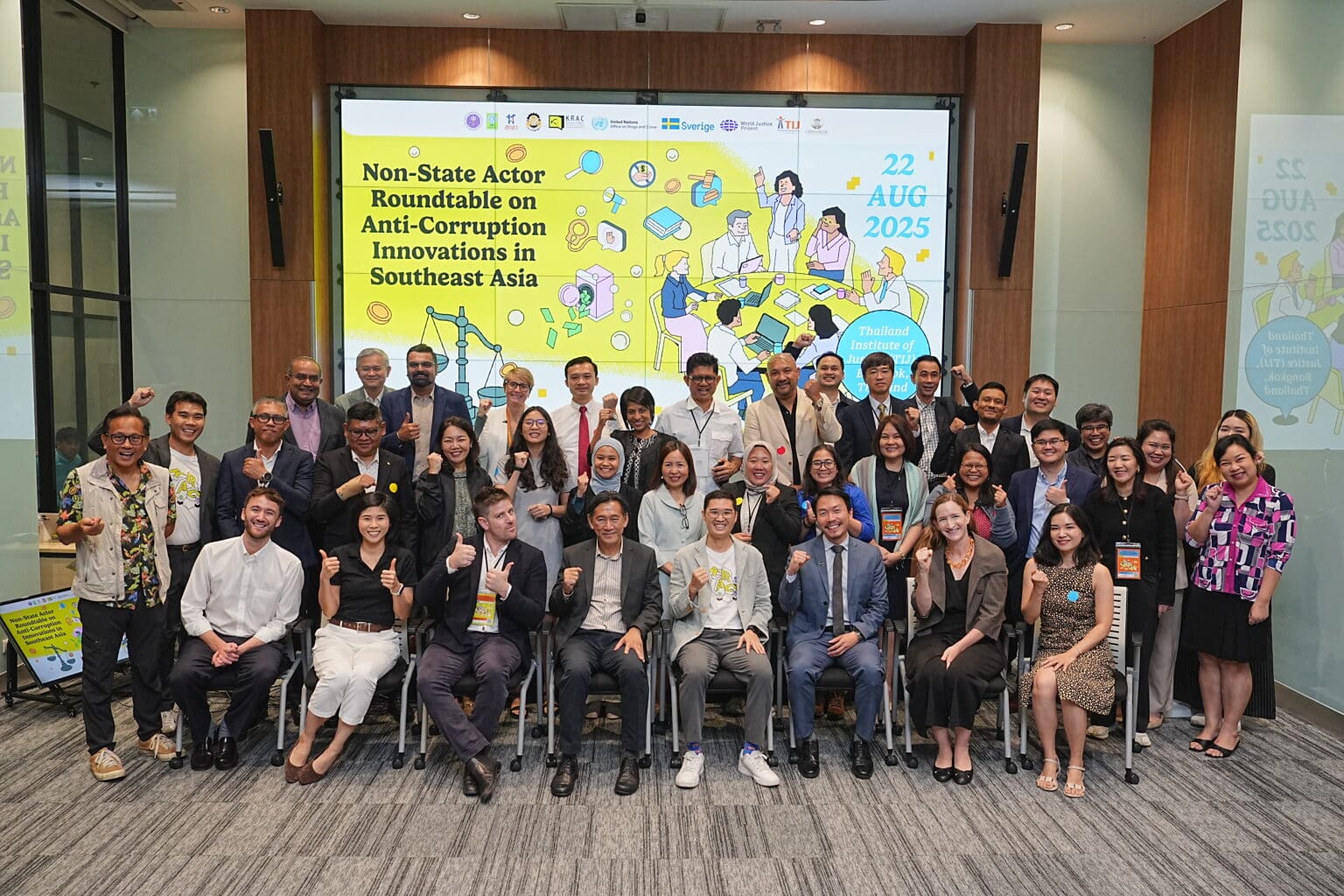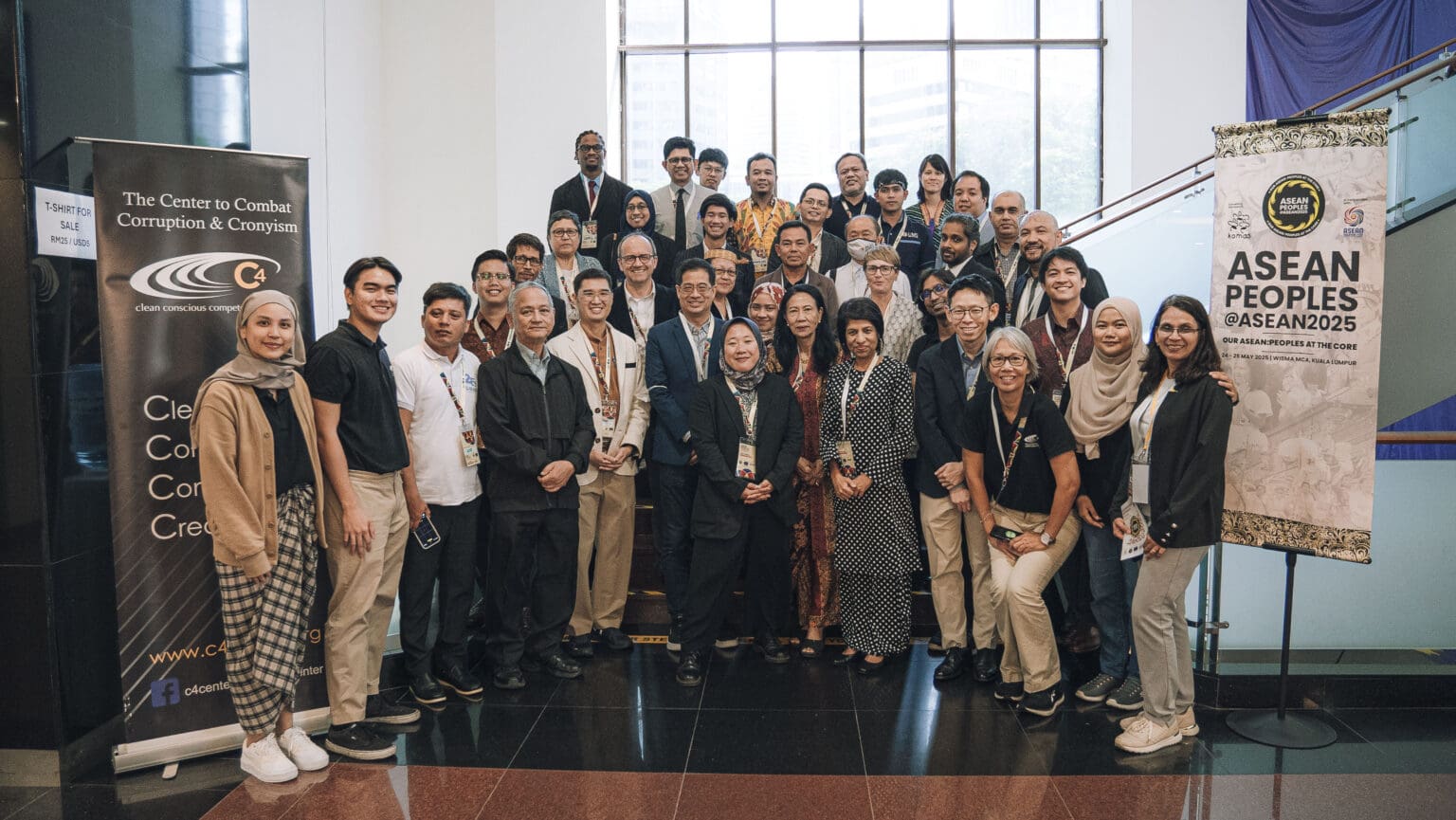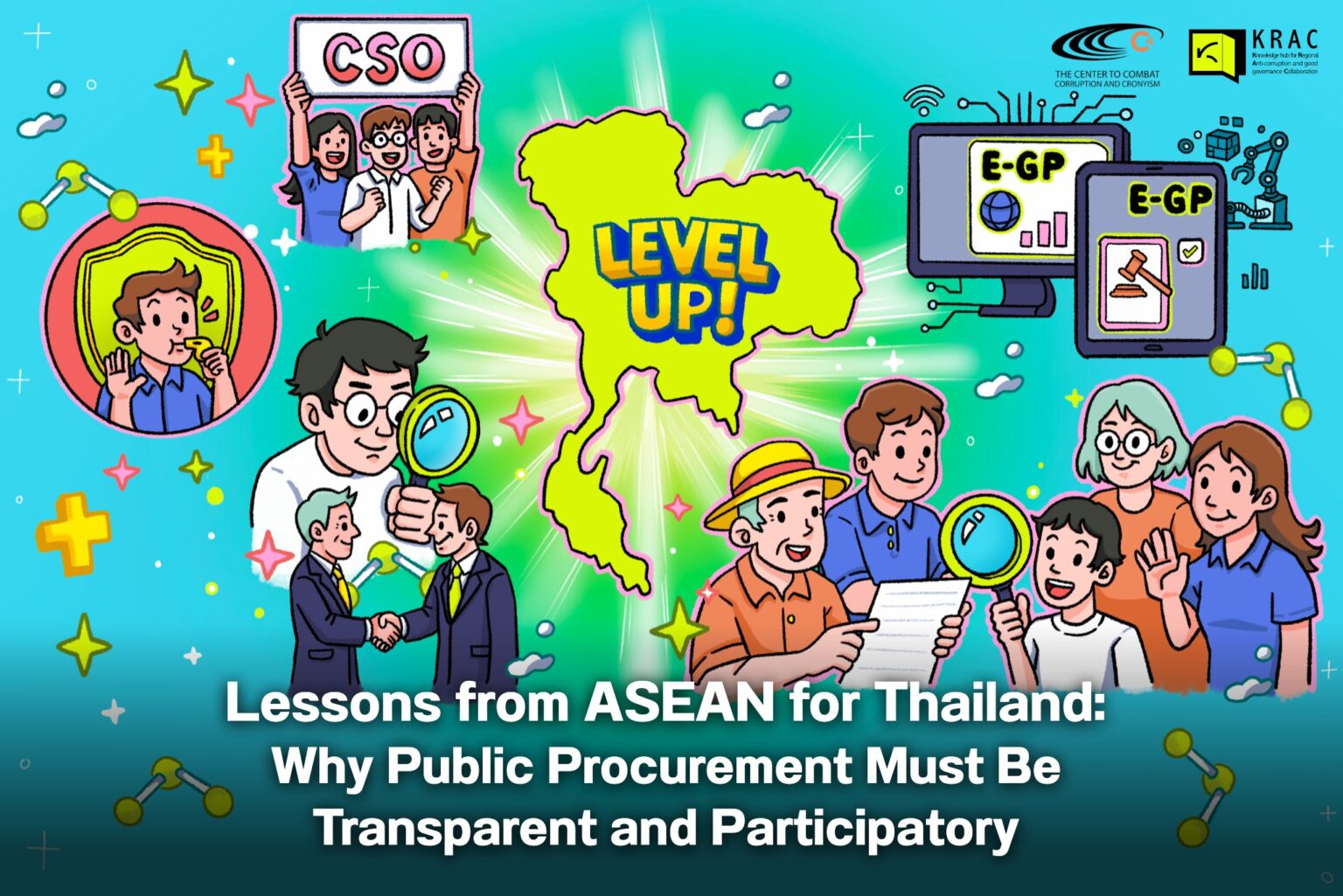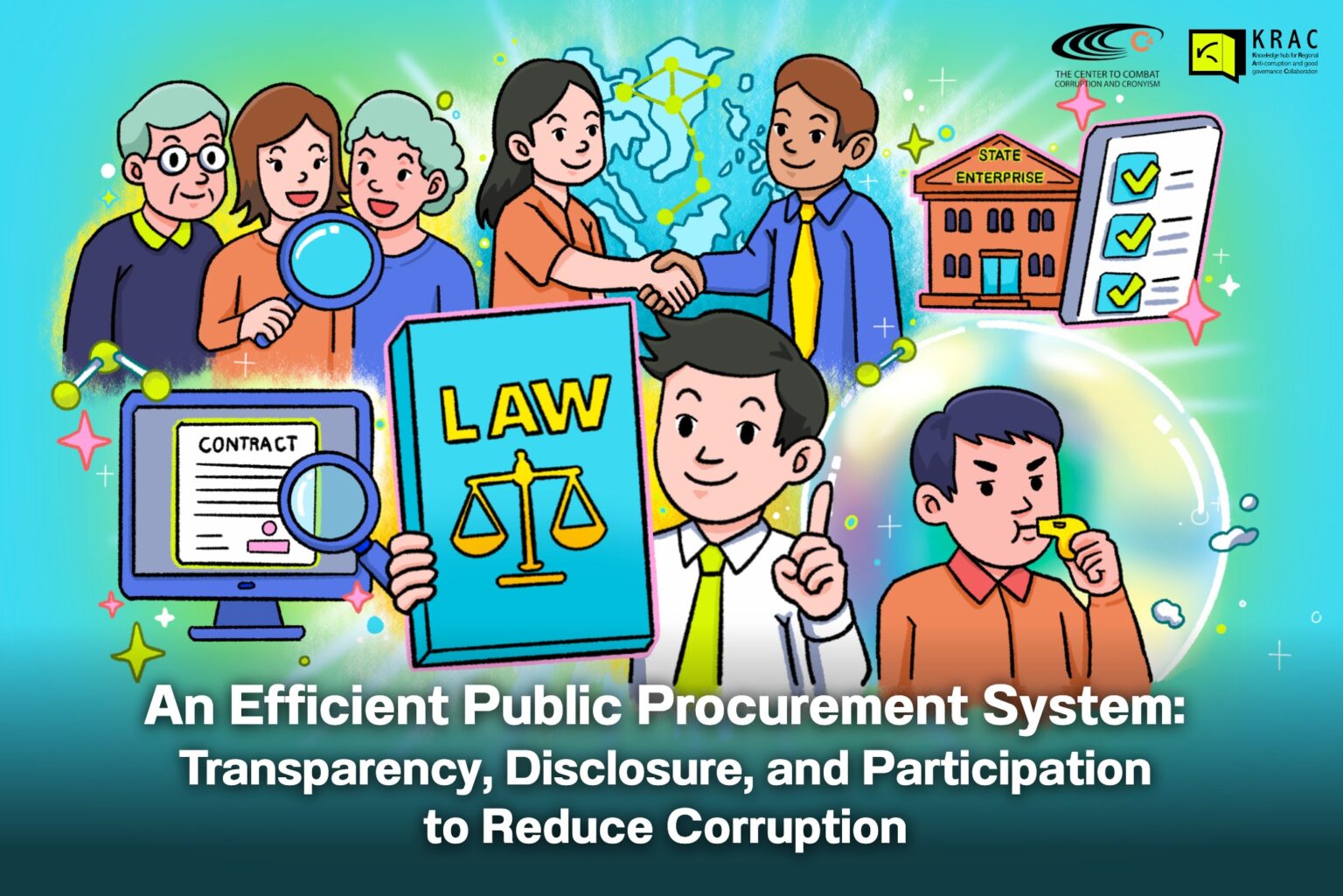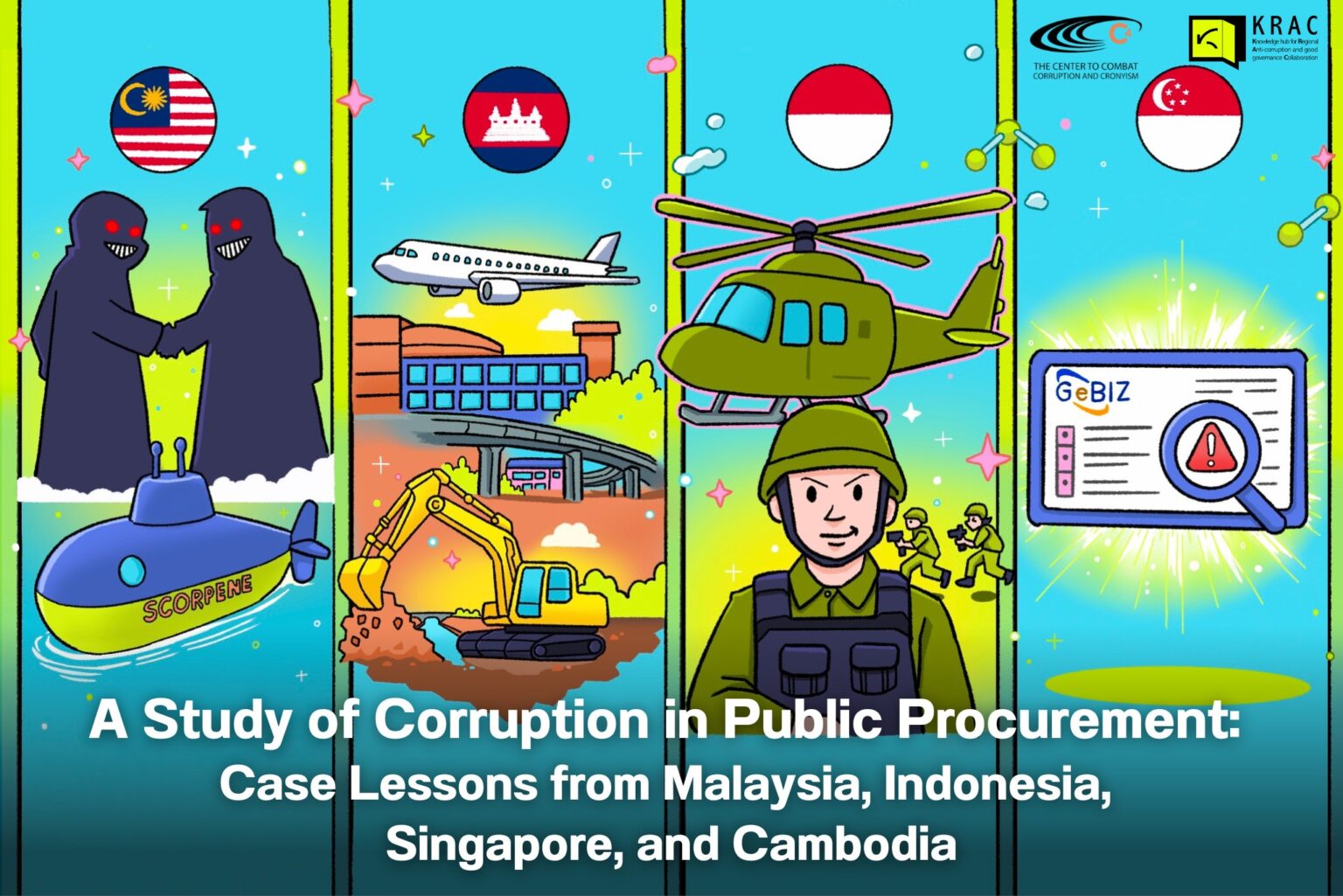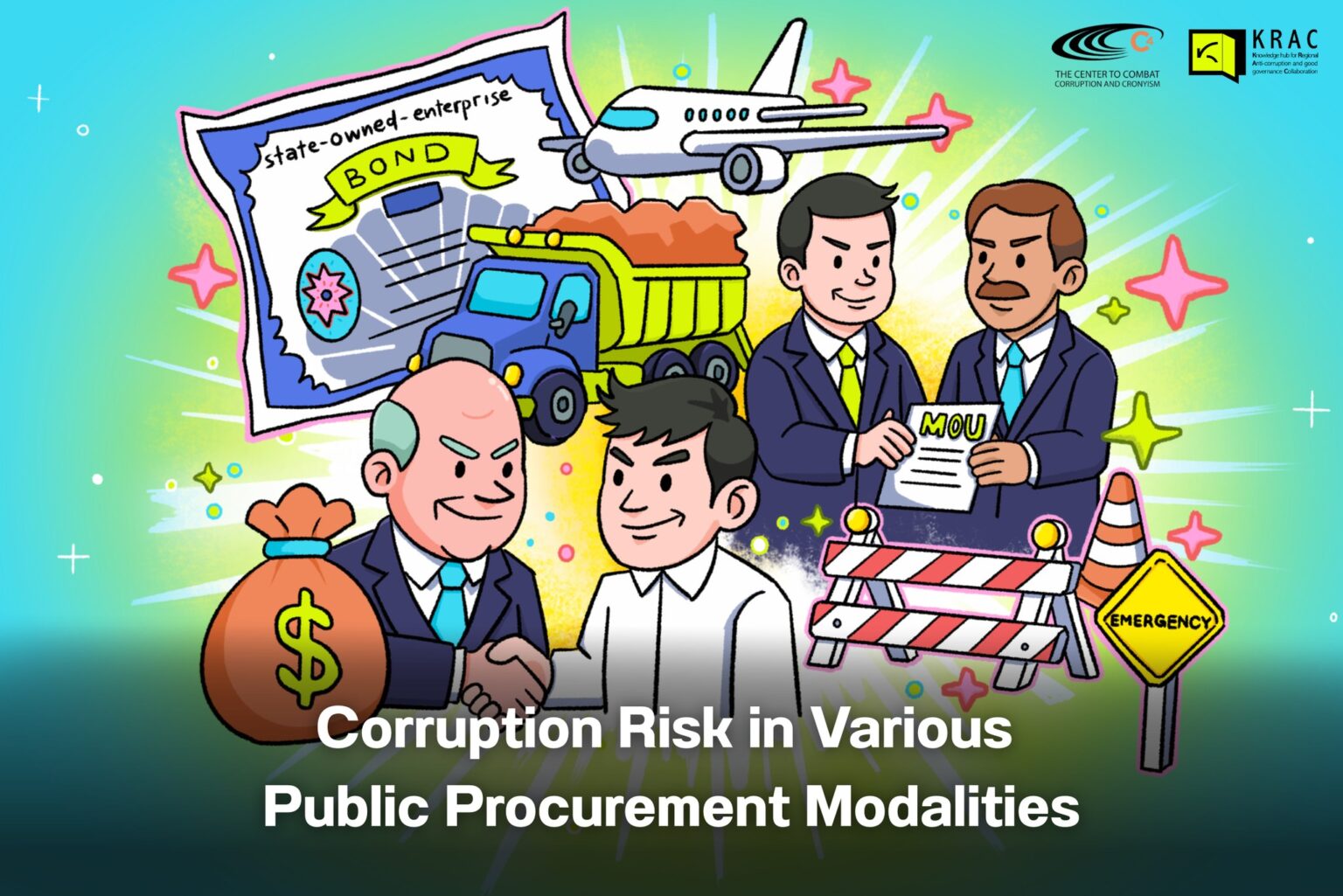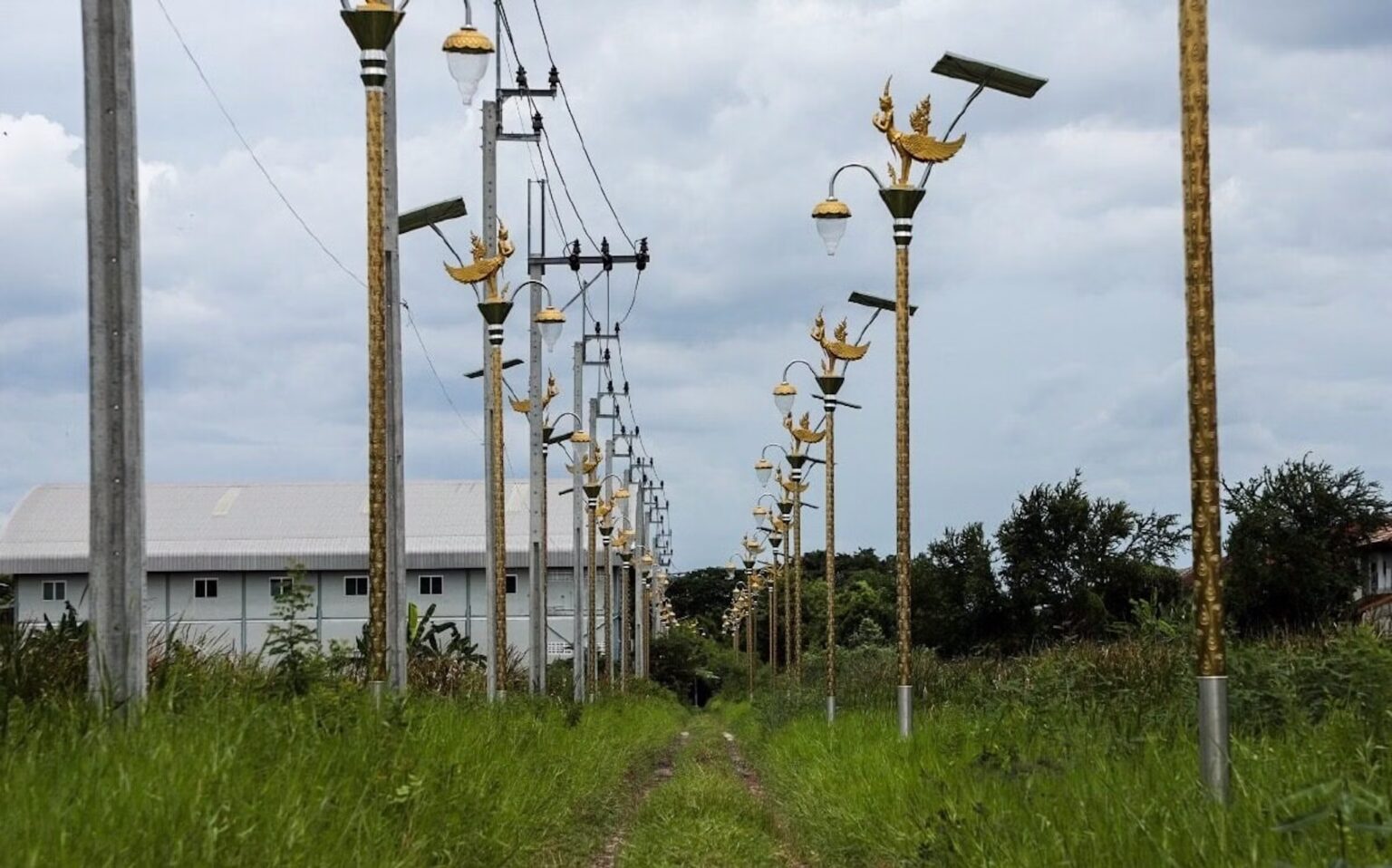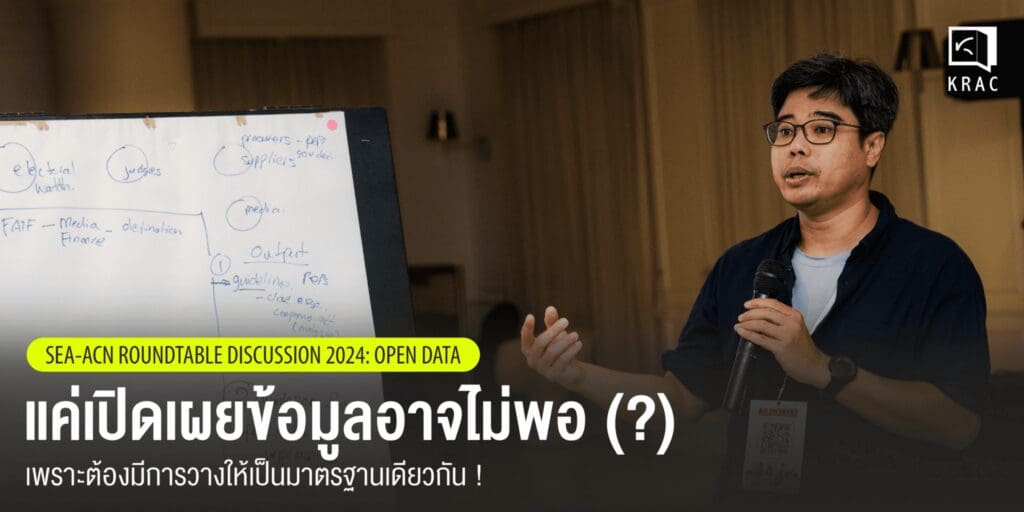
How can we develop effective data standards? We’ve got the answers from “The Southeast Asian Anti-Corruption Network (SEA-ACN) Roundtable Discussion”
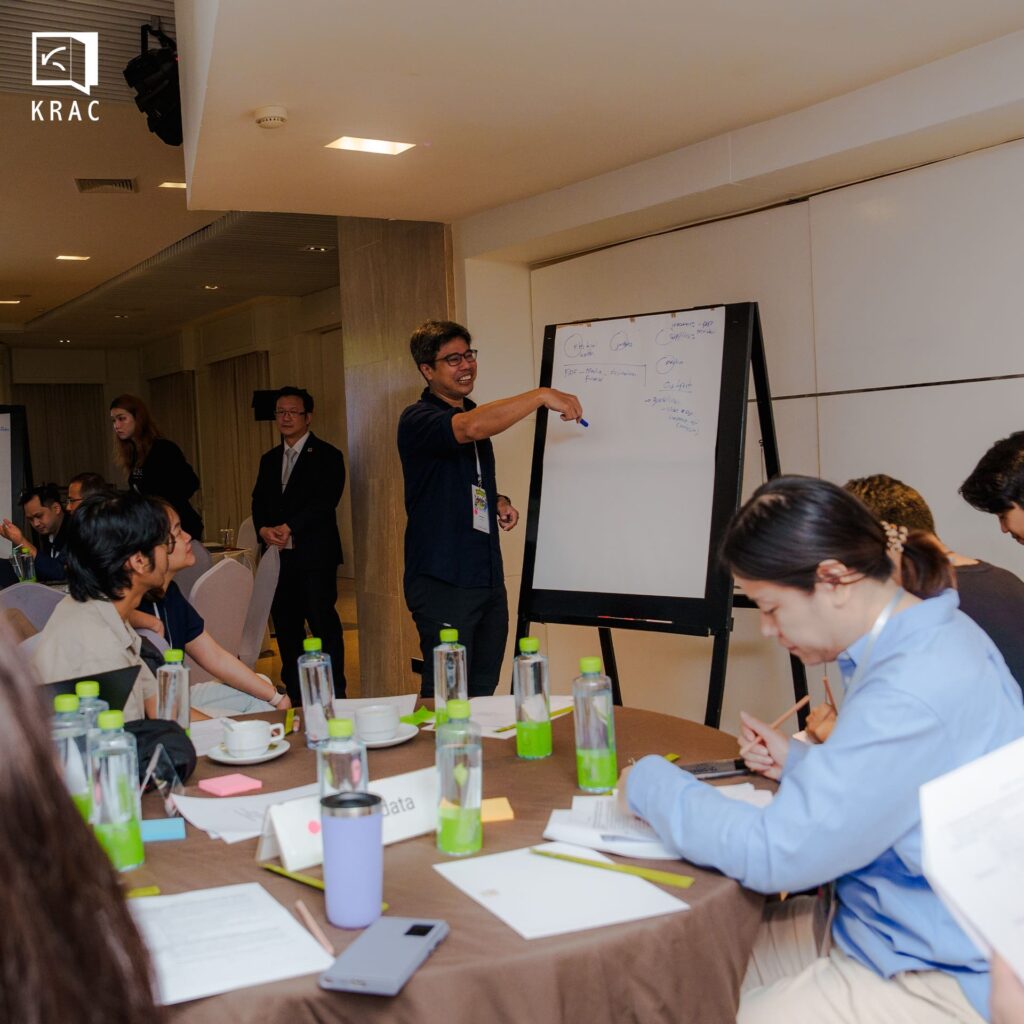
The discussion revealed that the collection of PEPs data lacks standardization among different agencies, as each agency collects data independently and does not continuously exchange information. However, SEA-ACN members are currently striving to facilitate access and exchange of data within and between countries in the region. Despite this, differences in data collection details remain a challenge, necessitating improvements in data disclosure processes to ensure standardized and usable information.
Knowledge hub for Regional Anti-corruption and good governance Collaboration (KRAC)
Thematic Reporting for CSO Forum : Enhancing Inclusivity and Sustainability @ASEAN PEOPLES 2025
The objective of the session is to gather case studies and experiences on the dangers of whistleblowing when speaking out against environmental crimes, accompanying SLAPP suits and recommend points for better protection.
SEA-ACN Workshop | Strengthening Cross-Border Collaboration to Reform Government Procurement and Combat Corruption in Southeast Asia
Discover how a regional workshop led by KRAC C4 Center and SEA-ACN brought together experts from multiple countries to address gaps in public procurement reforms, share best practices, and strengthen efforts against corruption across Southeast Asia.
SEA-ACN Roundtable | Unclear Government Procurement Processes Could Pave the Way for Corruption
Lack of transparency in public procurement processes can facilitate corruption—what measures can we take to mitigate these risks? Discover regional strategies to combat corruption in government procurement from the SEA-ACN Roundtable insights.

